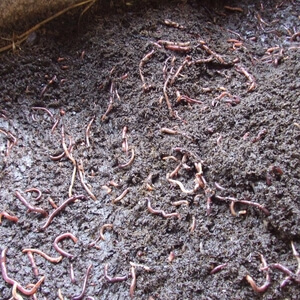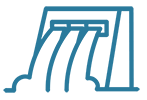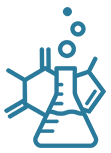WASTE MANAGEMENT
Recycling
All the waste from the hotel and the workers’ village is taken to a distribution center, where we separate it into what will be used for compost and what will be recycled for other activities. These include: water bottles used as pots for new seedlings, the bigger soda bottles we use to make broca traps, other plastics for crafts at the school, etc. Despite housing over 300 workers and a constant stream of guests through the hotel, after recycling we produce only one large can of trash per month. Our entire carbon footprint is smaller than that of the average American home.
The Ponds
The lake by the restaurant is our water reservoir. We collect algae from the ponds for compost and use it to provide humidity for new coffee trees. The ponds are full of fish, which the workers may catch. They also help slow the speed of water during the rainy season.
Dry Mill
From the dry mill we collect the coffee husk and use it as an energy source for the workers’ kitchen.
Biogas
We collect waste from our cows, goats, sheep, and pigs, as well as human waste, and use it in our biodigestor. The methane gas produced provides electricity and cooking fuel throughout the farm and hotel/restaurant.
Organic Laboratory
The organic lab uses chicken feathers, livestock bones, blood, and innumerable other byproducts to make organic pesticides and fungicides. They also make our broca traps.
Worm Farm
Vermiculture is a method of augmenting the compost process by adding earthworms. Because they eat anything organic, worms help process material, adding even more nutrients and good bacteria to the soil and speeding up the process of decomposition. The humus, or excrement, produced by the worms is very rich and perfect for coffee farming. We also collect the water runoff.


















